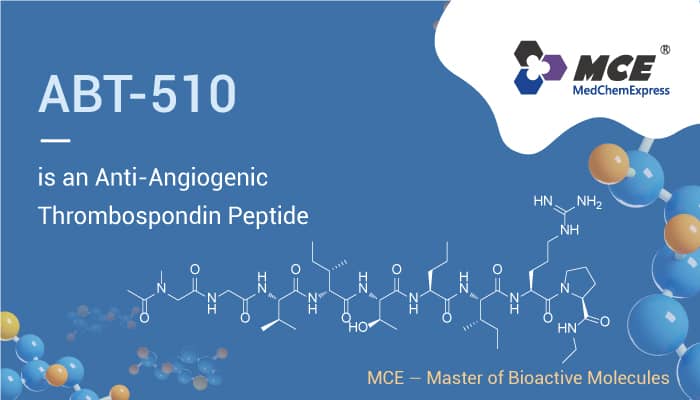Angiogenesis is the growth of new capillaries from existing blood vessels. Steps toward angiogenesis include protease production, endothelial cell migration, and proliferation, vascular tube formation, anastomosis of newly formed tubes, synthesis of a new basement membrane, and incorporation of pericytes and smooth muscle cells. The process of angiogenesis is controlled by chemical signals in the body. Some of these signals, such as vascular endothelial growth factor (VEGF), bind to receptors on the surface of normal endothelial cells. When VEGF and other endothelial growth factors bind to their receptors on endothelial cells, signals within these cells can promote the growth and survival of new blood vessels.
Angiogenesis plays a central role in various physiological processes, not only during fetal development but also in tissue repair after surgery or trauma. Uncontrolled angiogenesis may lead to several angiogenic disorders, including vascular insufficiency and vascular overgrowth (hemangiomas, vascularized tumors, and retinopathies). The spread of cancer cells and the growth of localized tumors beyond a few millimeters in size requires local angiogenesis. Tumors can cause this blood supply to form by giving off chemical signals that stimulate angiogenesis. Tumors can also stimulate nearby normal cells to produce angiogenesis signaling molecules. Thus, many anti-angiogenesis agents are effective in cancer research.
ABT-510 is a peptide analog of thrombospondin-1 (TSP-1).

ABT-510 can mimic the anti-angiogenic activity of the endogenous protein TSP-1. Specifically, ABT-510 inhibits the actions of several pro-angiogenic growth factors: VEGF, bFGF, HGF, and IL-8. These pro-angiogenic growth factors are very important to tumor neovascularization. Therefore, ABT-510 can induce apoptosis and inhibits ovarian tumor growth in an orthotopic, syngeneic model of epithelial ovarian cancer. Besides, ABT-510 is effective in the research of Solid Tumors, Lymphoma and Melanoma. ABT-510 also reduces angiogenesis and inflammatory responses in a murine model of inflammatory bowel disease.
All in all, ABT-510 is a peptide mimetic of TSP-1, blocks angiogenesis in vitro and in vivo, and slows tumor growth.
Reference:
Zuazo-Gaztelu I, et, al. Front Oncol. 2018 Jul 2;8:248.